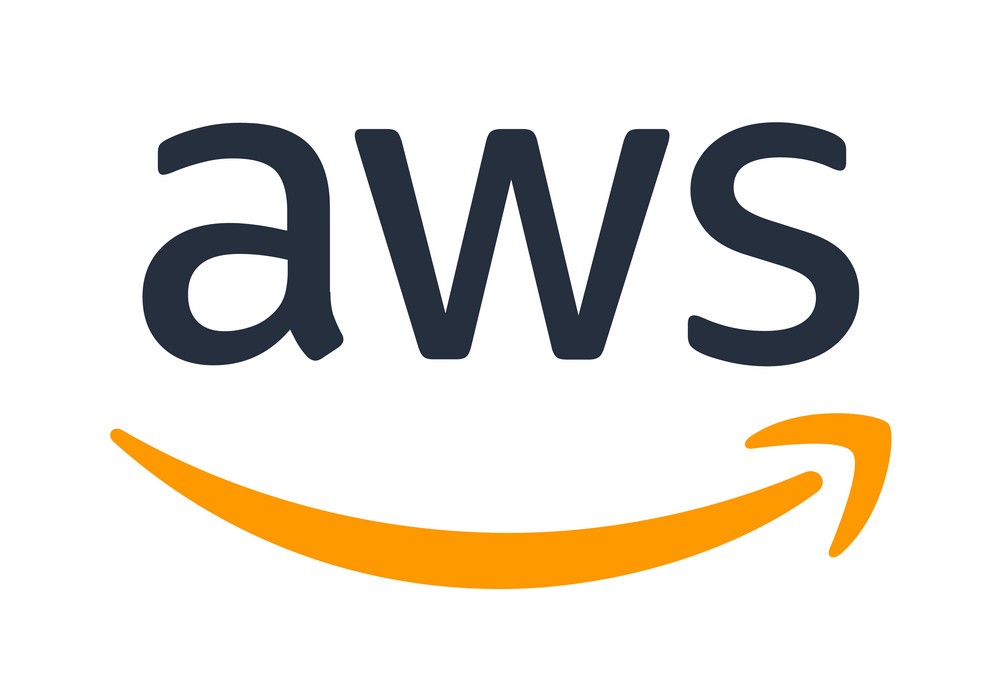
AWS Internship
This Instructor-led
comprehensive AWS Training ( AWS Solutions Architect –
Associate and Sysops Administrator ) designed to show how
to setup and run Cloud Services in Amazon Web Services (AWS)
all the way through to IaaS with hands-on experience on AWS Public cloud.
This course provides a
strong foundation for implementing and designing cloud services.
AWS Training Objectives
- Compute (EC2)
- Storage (S3, EBS, EFS, Storage Gateway and
Snowball)
- Database (RDS, DMS and Redshift)
- Network and Content Delivery (Route 53, VPC
and Cloud Front)
- Management Tools (Cloud Watch, Cloud
Formation and Cloud Trail)
- Security & Identity Compliance (IAM,
Trusted Advisor, Config andInspector)
- Application Services (SWF and Elastic
Transcoder)
- Messaging (SNS, SQS and SES)
- Developer tools (Code Commit, Code Build,
Code Deploy and Code Pipeline)
AWS Training Prerequisites
- Absolute Beginners. No prior AWS experience is necessary
- Previous System Administration/ Development
knowledge would be added advantage
- System Administrators Interested in
Deploying Applications on AWS
- Cloud Computing Enthusiasts
AWS System Requirements
- Need to set up an AWS Account
- (Most of the Services comes with AWS free
tier eligibility)
- Windows: Putty, Putty KeyGen and Web Browser with Internet
connectivity.
- Linux/Mac : Default Terminal
AWS Course Content
Introduction to Cloud Computing
- Introduction to cloud computing
- Essential Characteristics of Cloud
Computing
- Service Models in Cloud computing
- Deployment models in Cloud Computing
- Introduction to AWS
- AWS Account creation &free tier
limitations overview
Identity Access Management
- Root Account Vs IAM user
- Multi-FactorAuthentication for Users
- IAM Password Policies
- Creating Customer Managed Policies.
- Groups
- Roles
Glacier Storage
- What is Simple Storage Service (S3)
- Storage Classes
- Versioning
- Cross-region replication
- Life Cycle Management
- Security & Encryption
- Static Webhosting with S3 bucket
- Events configuration on S3 buckets
- Enabling cross-account access for
S3
- S3 Data management and backup using 3rd Party
applications.
- S3 Cross-Account Access and Pre-Signed URLs
- Storage Gateway
Linux Introduction
- Basics of Linux for AWS
- Linux Installation and Basic commands
overview
- Web Server and Services Configurations
Compute
- EC2 Instance Launch Wizard
- EC2 Instance Types
- Generating custom Public Key and Private
keys for EC2 instances
- Security groups
- Volumes and Snapshots
- Creating customized Amazon Machine Images
- RAID Overview and
RAID Configurations
- User Data and Metadata
- ElasticLoad Balancers & Health Checks
- Auto Scaling Groups
- CloudWatch
- Creating Billing Alarm and EC2 instance
alarms.
- AWS CLI&EC2 Roles
- Elastic File System
- AWS Lightsail
- Elastic Beanstalk
- Placement Groups
Route 53
- DNS Records overview
- Routing Policies
- Hosting sample Website and configuring
Policies
- Simple Routing Policy
- Latency Routing Policy
- Failover Routing Policy
- Weighted Routing Policy
- Geolocation Routing Policy.
Databases
- Launching a RDS Instances (MySQL,
MSSQL & Aurora)
- Multi-AZ & Read Replicas for RDS
instances
- DynamoDB
- Redshift
- Elastichache
- Database Migration Service and Schema
conversion tool
VPC (Virtual Private Cloud)
- Networking Basics
- Creating custom VPCs and custom Subnets
- Network ACL’s
- Route Tables & IGW
- VPC Peering
- Flow log creation
- VPN Configuration with AWS (OpenVPN)
Security Options
- CloudTrail
- AWS Config
- Key Management Services
- AWS Certificate Manager
- AWS Inspector
- AWS Trusted Advisor
- Content Delivery Networks / CloudFront
Application Services
- Simple Email Service
- Simple Queue Service
- Simple Workflow Service
- Simple Notification Service
- SMS – Server Migration Service
- Migrating server from on-premises to cloud
- Cloud Formation
- Directory Services and Adding EC2 instance
to Domain
- AWS TCO Calculator and Simple Monthly
calculator
DevOps Tools Overview
- What is DevOps in Cloud
- Code Pipeline
- Code Commit, Code Build
- Code Deploy
- Lambda
- DNS Records overview
Monitoring Tools
- Creating Custom Metrics with CloudWatch
Amazon White Papers review
- Security
- Reliability
- Performance Efficiency
- Cost Optimization
- Operational Excellence
Quiz and Scenario-based Questions Discussion
Resume Key Points and AWS Certifications overview- Creating Custom Metrics with CloudWatch